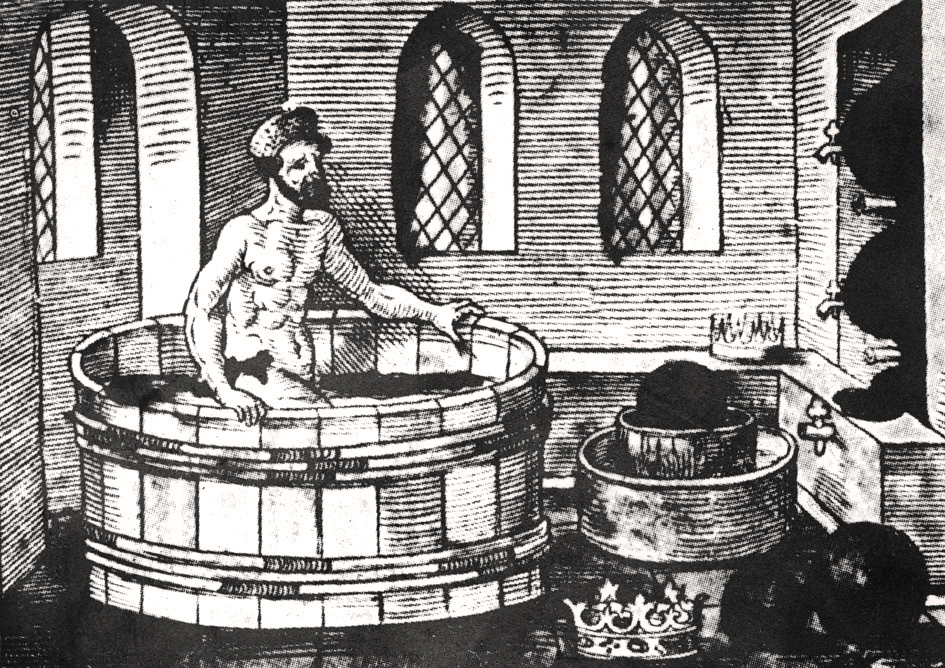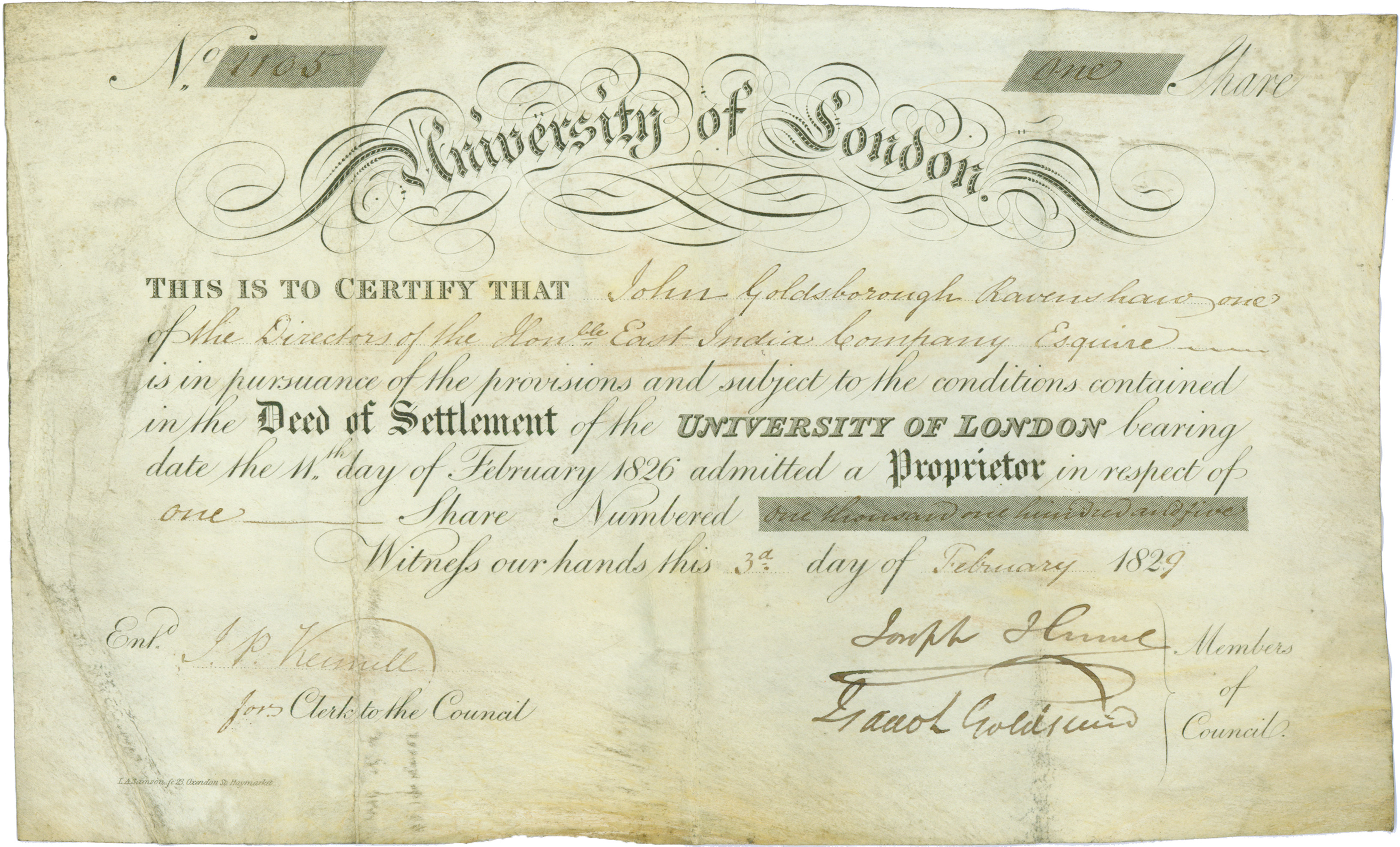|
Threshold Knowledge
Threshold knowledge is a term in the study of higher education used to describe core concepts—or threshold concepts—which, once understood, transform perception of a given subject, phenomenon, or experience.Meyer J H F and Land R 2003 "Threshold Concepts and Troublesome Knowledge: Linkages to Ways of Thinking and Practising" in ''Improving Student Learning: Ten Years On''. C. Rust (Ed), OCSLD, Oxford. The term was introduced by Jan Meyer and Ray Land,Meyer JHF, Land R (2005). "Threshold concepts and troublesome knowledge (2): Epistemological considerations and a conceptual framework for teaching and learning" ''Higher Education'', 49(3), 373-388.Land, R., Cousin, G., Meyer, J.H.F. and Davies, P. (2005), "Threshold concepts and troublesome knowledge (3): implications for course design and evaluation", in C. Rust (ed.), ''Improving Student Learning − equality and diversity, Proceedings of the 12th Improving Student Learning Conference''. Oxford: OCLSD. Meyer and Land also discuss ... [...More Info...] [...Related Items...] OR: [Wikipedia] [Google] [Baidu] |
Higher Education
Tertiary education (higher education, or post-secondary education) is the educational level following the completion of secondary education. The World Bank defines tertiary education as including universities, colleges, and vocational schools. ''Higher education'' is taken to include undergraduate and postgraduate education, while vocational education beyond secondary education is known as ''further education'' in the United Kingdom, or included under the category of ''continuing education'' in the United States. Tertiary education generally culminates in the receipt of Academic certificate, certificates, diplomas, or academic degrees. Higher education represents levels 5, 6, 7, and 8 of the ISCED#2011 version, 2011 version of the International Standard Classification of Education structure. Tertiary education at a nondegree level is sometimes referred to as further education or continuing education as distinct from higher education. UNESCO stated that tertiary education focu ... [...More Info...] [...Related Items...] OR: [Wikipedia] [Google] [Baidu] |
Perception
Perception () is the organization, identification, and interpretation of sensory information in order to represent and understand the presented information or environment. All perception involves signals that go through the nervous system, which in turn result from physical or chemical stimulation of the sensory system.Goldstein (2009) pp. 5–7 Vision involves light striking the retina of the eye; smell is mediated by odor molecules; and hearing involves pressure waves. Perception is not only the passive receipt of these signals, but it is also shaped by the recipient's learning, memory, expectation, and attention. Gregory, Richard. "Perception" in Gregory, Zangwill (1987) pp. 598–601. Sensory input is a process that transforms this low-level information to higher-level information (e.g., extracts shapes for object recognition). The following process connects a person's concepts and expectations (or knowledge) with restorative and selective mechanisms, ... [...More Info...] [...Related Items...] OR: [Wikipedia] [Google] [Baidu] |
Counterintuitive
A paradox is a logically self-contradictory statement or a statement that runs contrary to one's expectation. It is a statement that, despite apparently valid reasoning from true or apparently true premises, leads to a seemingly self-contradictory or a logically unacceptable conclusion. A paradox usually involves contradictory-yet-interrelated elements that exist simultaneously and persist over time. They result in "persistent contradiction between interdependent elements" leading to a lasting "unity of opposites". In logic, many paradoxes exist that are known to be invalid arguments, yet are nevertheless valuable in promoting critical thinking, while other paradoxes have revealed errors in definitions that were assumed to be rigorous, and have caused axioms of mathematics and logic to be re-examined. One example is Russell's paradox, which questions whether a "list of all lists that do not contain themselves" would include itself and showed that attempts to found set theory on ... [...More Info...] [...Related Items...] OR: [Wikipedia] [Google] [Baidu] |
Economics
Economics () is a behavioral science that studies the Production (economics), production, distribution (economics), distribution, and Consumption (economics), consumption of goods and services. Economics focuses on the behaviour and interactions of Agent (economics), economic agents and how economy, economies work. Microeconomics analyses what is viewed as basic elements within economy, economies, including individual agents and market (economics), markets, their interactions, and the outcomes of interactions. Individual agents may include, for example, households, firms, buyers, and sellers. Macroeconomics analyses economies as systems where production, distribution, consumption, savings, and Expenditure, investment expenditure interact; and the factors of production affecting them, such as: Labour (human activity), labour, Capital (economics), capital, Land (economics), land, and Entrepreneurship, enterprise, inflation, economic growth, and public policies that impact gloss ... [...More Info...] [...Related Items...] OR: [Wikipedia] [Google] [Baidu] |
Statistics
Statistics (from German language, German: ', "description of a State (polity), state, a country") is the discipline that concerns the collection, organization, analysis, interpretation, and presentation of data. In applying statistics to a scientific, industrial, or social problem, it is conventional to begin with a statistical population or a statistical model to be studied. Populations can be diverse groups of people or objects such as "all people living in a country" or "every atom composing a crystal". Statistics deals with every aspect of data, including the planning of data collection in terms of the design of statistical survey, surveys and experimental design, experiments. When census data (comprising every member of the target population) cannot be collected, statisticians collect data by developing specific experiment designs and survey sample (statistics), samples. Representative sampling assures that inferences and conclusions can reasonably extend from the sample ... [...More Info...] [...Related Items...] OR: [Wikipedia] [Google] [Baidu] |
Information Literacy
The Association of College and Research Libraries defines information literacy as a "set of integrated abilities encompassing the reflective discovery of information, the understanding of how information is produced and valued and the use of information in creating new knowledge and participating ethically in communities of learning". In the United Kingdom, the Chartered Institute of Library and Information Professionals' definition also makes reference to knowing both "when" and "why" information is needed. The 1989 American Library Association (ALA) Presidential Committee on Information Literacy formally defined information literacy (IL) as attributes of an individual, stating that "to be information literate, a person must be able to recognize when information is needed and have the ability to locate, evaluate and use effectively the needed information". In 1990, academic Lori Arp published a paper asking, "Are information literacy instruction and bibliographic instruction the s ... [...More Info...] [...Related Items...] OR: [Wikipedia] [Google] [Baidu] |
Decoding The Disciplines
Decoding the Disciplines is a process intended to increase student learning by narrowing the gap between expert and novice thinking. The process seeks to make explicit the tacit knowledge of experts and to help students master the mental actions they need for success in particular courses. History The Decoding the Disciplines approach was initiated by Joan Middendorf and David Pace, directors of the Indiana University Freshman Learning Project from 1998 to 2010, for collegiate learning. They found a discrepancy between the content taught and the actual prerequisites for success in many courses. They attributed this to automatic, and thus untaught, processes in expert knowledge. They hypothesized that students were often provided with incomplete conceptual frameworks, leaving them unable to tackle significant challenges. Guiding questions in the Decoding process The Decoding process is structured by seven questions, referred to as steps. The order of the steps is not mandatory and ... [...More Info...] [...Related Items...] OR: [Wikipedia] [Google] [Baidu] |
Eureka Effect
The eureka effect (also known as the Aha! moment or eureka moment) refers to the common human experience of suddenly understanding a previously incomprehensible problem or concept. Some research describes the Aha! effect (also known as insight or epiphany) as a memory advantage, but conflicting results exist as to where exactly it occurs in the brain, and it is difficult to predict under what circumstances one can predict an Aha! moment. Insight is a psychological term that attempts to describe the process in problem solving when a previously unsolvable puzzle becomes suddenly clear and obvious. Often this transition from not understanding to spontaneous comprehension is accompanied by an exclamation of joy or satisfaction, an Aha! moment. A person utilizing insight to solve a problem is able to give accurate, discrete, all-or-nothing type responses, whereas individuals not using the insight process are more likely to produce partial, incomplete responses. A recent theoretical ac ... [...More Info...] [...Related Items...] OR: [Wikipedia] [Google] [Baidu] |
Paradigm Shift
A paradigm shift is a fundamental change in the basic concepts and experimental practices of a scientific discipline. It is a concept in the philosophy of science that was introduced and brought into the common lexicon by the American physicist and philosopher Thomas Kuhn. Even though Kuhn restricted the use of the term to the natural sciences, the concept of a paradigm shift has also been used in numerous non-scientific contexts to describe a profound change in a fundamental model or perception of events. Kuhn presented his notion of a paradigm shift in his influential book ''The Structure of Scientific Revolutions'' (1962). Kuhn contrasts paradigm shifts, which characterize a Scientific Revolution, to the activity of normal science, which he describes as scientific work done within a prevailing framework or paradigm. Paradigm shifts arise when the dominant paradigm under which normal science operates is rendered incompatible with new phenomena, facilitating the adoption of a ne ... [...More Info...] [...Related Items...] OR: [Wikipedia] [Google] [Baidu] |
Propaedeutics
Propaedeutics or propedeutics (from Ancient Greek , ''propaídeusis'' 'preparatory education') is a historical term for an introductory course into an art or science. The word ''propedeutics'' comes from the Greek prefix '' pro'' 'earlier, rudimentary, in front of' and Greek ''paideutikós'' 'pertaining to teaching'. As implied by the etymology, propaedeutics may be defined more particularly as the knowledge necessary before, or for the learning of, a discipline, but not which is sufficient for proficiency. In medicine, the terms "propedeutics"/"propedeutic" specifically refers to the preliminary collection of data about a patient by observation, palpation, temperature measurement, etc., without specialized diagnostic procedures. The 1851 '' Encyclopaedia Americana'' writes that it is: ...a term used by the Germans to indicate the knowledge which is necessary or useful for understanding or practising an art or science, or which unfolds its nature and extent, and the method of lea ... [...More Info...] [...Related Items...] OR: [Wikipedia] [Google] [Baidu] |
University College London
University College London (Trade name, branded as UCL) is a Public university, public research university in London, England. It is a Member institutions of the University of London, member institution of the Federal university, federal University of London, and is the second-largest list of universities in the United Kingdom by enrolment, university in the United Kingdom by total enrolment and the largest by postgraduate enrolment. Established in 1826 as London University (though without university degree-awarding powers) by founders who were inspired by the radical ideas of Jeremy Bentham, UCL was the first university institution to be established in London, and the first in England to be entirely secular and to admit students regardless of their religion. It was also, in 1878, among the first university colleges to admit women alongside men, two years after University College, Bristol, had done so. Intended by its founders to be Third-oldest university in England debate ... [...More Info...] [...Related Items...] OR: [Wikipedia] [Google] [Baidu] |





